DAVAO DEL NORTE, November 5, 2024 – In his monitoring activities last October 21, 2024 in Davao across the Department of Agriculture – Special Area for Agricultural Development (DA-SAAD) Program’s regions of scope, National Program Management Office (NPMO) Director Ulysses Lustria, Jr. encouraged Banoog CAA Farmers Association and Dagohoy Abaca Farmer Association in Talaingod to “talk about their stories” and strive for their groups to create community-based enterprises (CBEs).
Lustria listened in on the groups’ stories of origin and organization, what the groups had to say about the projects delivered by SAAD, and what is there for the program to do from the perspectives of the FAs.
“Sa buong Pilipinas, pinupuntahan ko po yung pwede kung puntahan. Gusto ko yung field visit, doon ako nakakakuha ng inspirasyon. Dito, makakakuha ako, mukhang maganda ang samahan ninyo. Pag pumupunta ako sa mga asosasyon, hindi ako nagtuturo…kung ano ang tama at mali, ang ginagawa ko, ako ang nakikinig. Pakikinggan ko kayo. Gusto kung malaman ang istorya ninyo,” said Lustria.
(I go where I can in the entire Philippines. I like field visits as I get inspiration from it. Here, I will, as I’ve seen your association is tight-knit. When I go to the FAs, I don’t teach…what is right or wrong, what I do is listen. I will listen to you. I want to know your stories.)
Banoog CAA Farmers Association (FA) is an IP-led and IP-centric FA in Talaingod, Davao del Norte. Led by Alex M. Diabo, the group has 25 members, all descendants of the Ata-Manobo tribe. The association previously received corn and layer chicken production projects from SAAD Davao Region in 2023. The program augmented the same livelihood projects this year.
Meanwhile, Dagohoy Abaca FA is a new addition to the farmers groups benefited by the program this year. The FA will receive abaca and native chicken production projects. The association is also IP-led and -membered, of the Ata-Manobo tribe and has 25 members.
Previously, Lustria checked in with Regional Executive Director and SAAD Davao Region Focal Macario Gonzaga and Regional Technical Director for Operations and SAAD Davao Region Assistant Focal Marie Ann Constantino to discuss the intricacies of implementation in the region, especially in far-flung areas inhabited by mostly Indigenous Peoples (IP).
SAAD is a locally-funded program geared towards poverty incidence reduction in far-flung communities of the country and is implemented in 15 regions, except National Capital Region (NCR) and Bangsamoro Autonomous Region of Muslim Mindanao (BARMM).
“Pasalamat mi sa DA ug SAAD nga naabot diri ang tabang sa gobyerno. Among ginahimo sa among asosasyon karon, ginapalambo kay naa na man ang mga proyekto,” Alex Diabo, chairperson for Banoog CAA FA in Talaingod, said.
(We are grateful for DA and SAAD in their work to make the government’s help be felt here. What we do now with our association is that we want it to flourish and develop.)
In the forum with Dagohoy Abaca Farmers Association, Talaingod Municipal Agriculturist Dexter May-as announced that the FA has been chosen as the lead association for abaca production in the municipality under the agency’s regional Farm and Fishers Clustering and Consolidation (F2C2) program.
“Natutuwa ako na magiging pilot ng F2C2 itong abaca nila. Sana mas madami pang mga programa ng ahensiya ang makatulong dito,” Lustria added.
(I’m delighted that this FA will be an F2C2 pilot for abaca. We hope that more of the agency’s programs will extend their help here.)
Previously, the municipality of Talaingod experienced a critical scare on their abaca production due to the proliferation of abaca-daratex fibers, to which Lustria coincidentally helped troubleshoot in his short stint as Deputy Director for the Philippine Fiber Industry Development Authority (PhilFIDA).
“Gitagaan mi ug abaca, kanding, ug manokan, pero makaingon gihapon ko nga tungod sa kawadon sa kinabuhi diri, kulang gihapon nga para among mga kabataan makapadayon ug pangeskwela,” Lito Bog-ot, chairperson for Dagohoy Abaca Farmers Association, emphasized.
(We’ve been given abaca, goats, and chickens, but I can honestly and truly say that because of how extreme the state of poverty here, it’s still not enough for our children to go to tertiary schools.)
In its Phase 2 of implementation, the Program is designed to create community-based enterprises (CBEs) from the far-flung communities and FAs it benefits. CBEs answer the question of how these doled-out livelihood projects attain longevity and sustainability after the program eventually terminates.###
Writer: James Brian Flaga, SAAD Davao Region PRDC
Photographer: Ronell Tangonan, James Brian Flaga, SAAD Davao Region
Source: DA-SAAD Davao Region

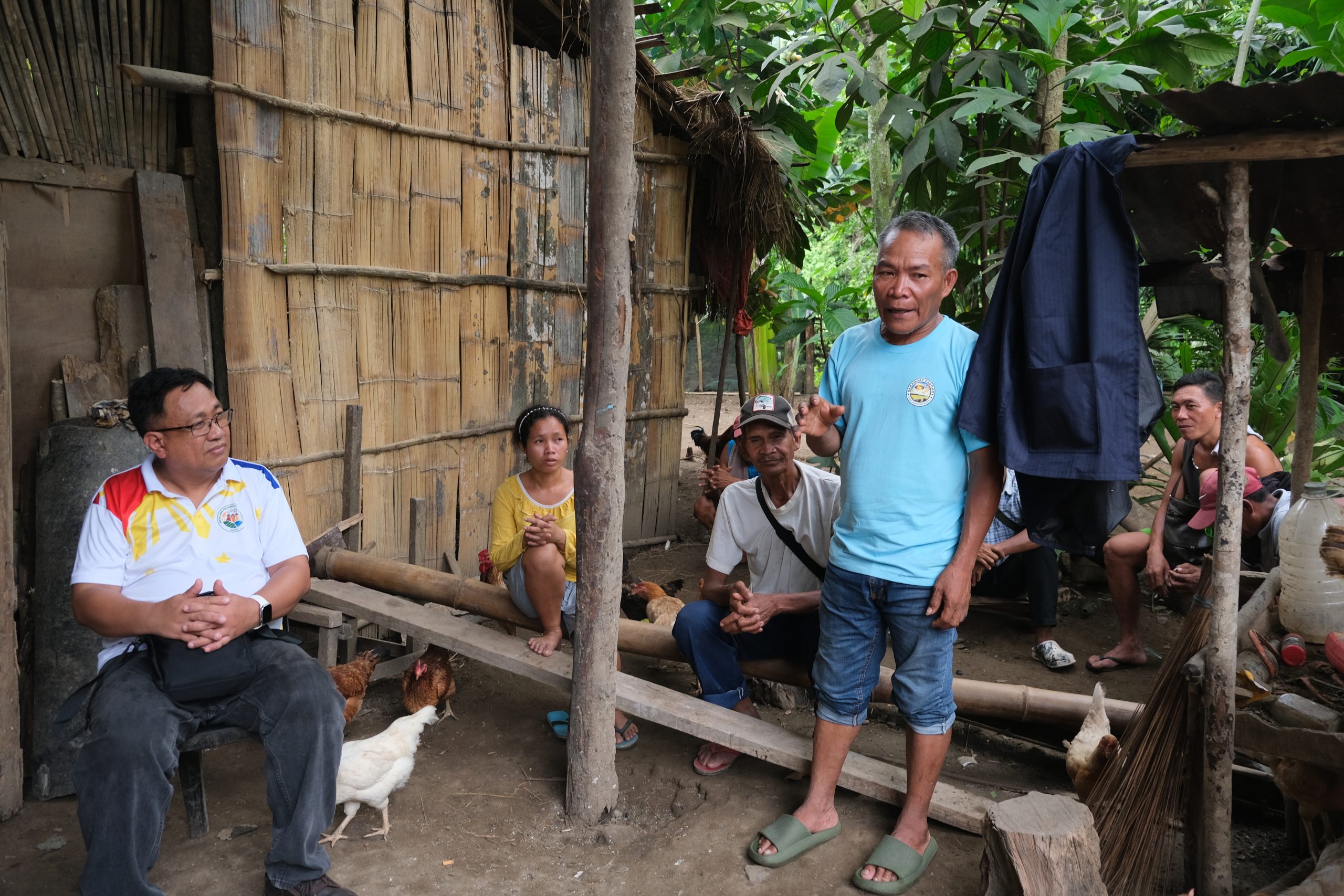
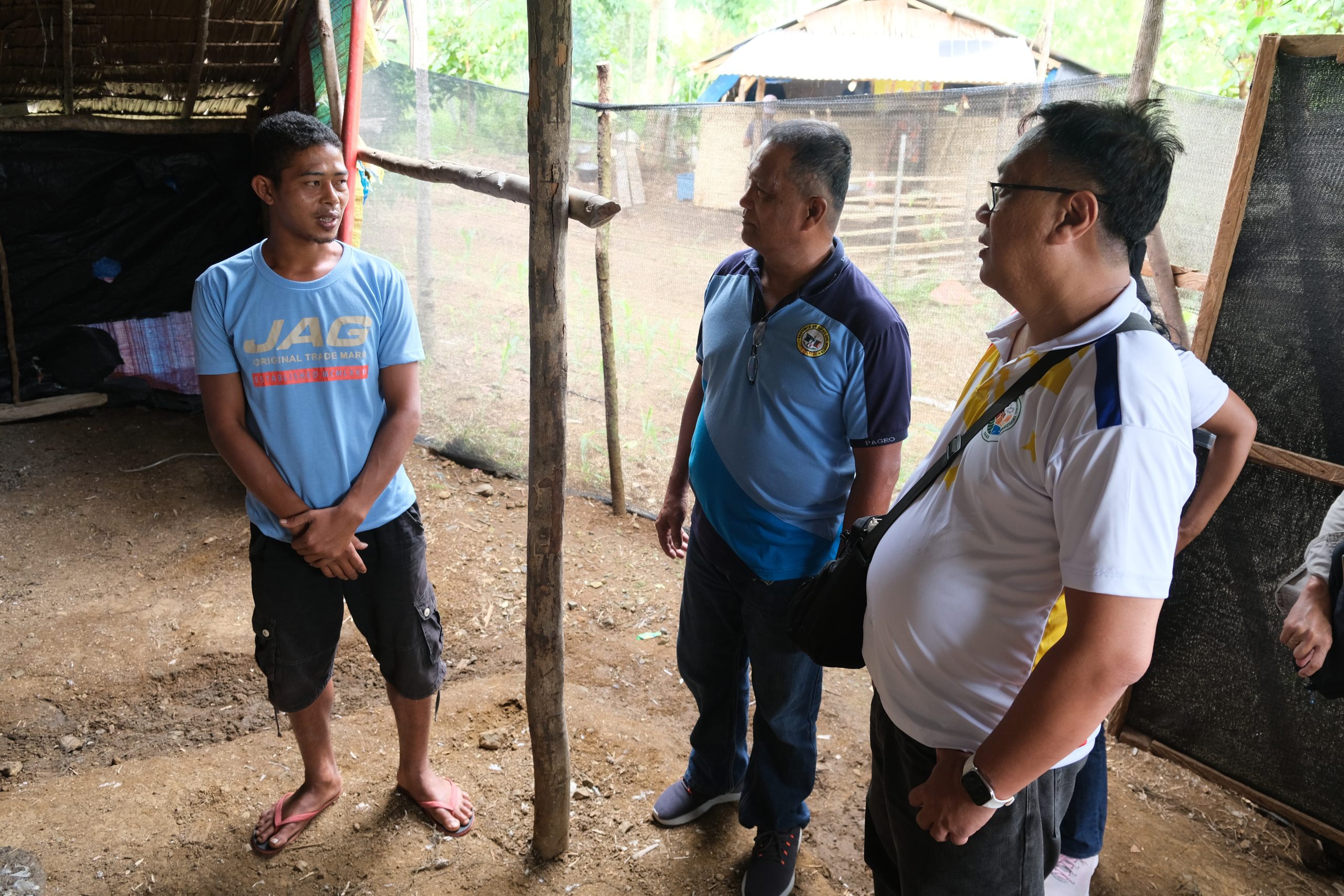
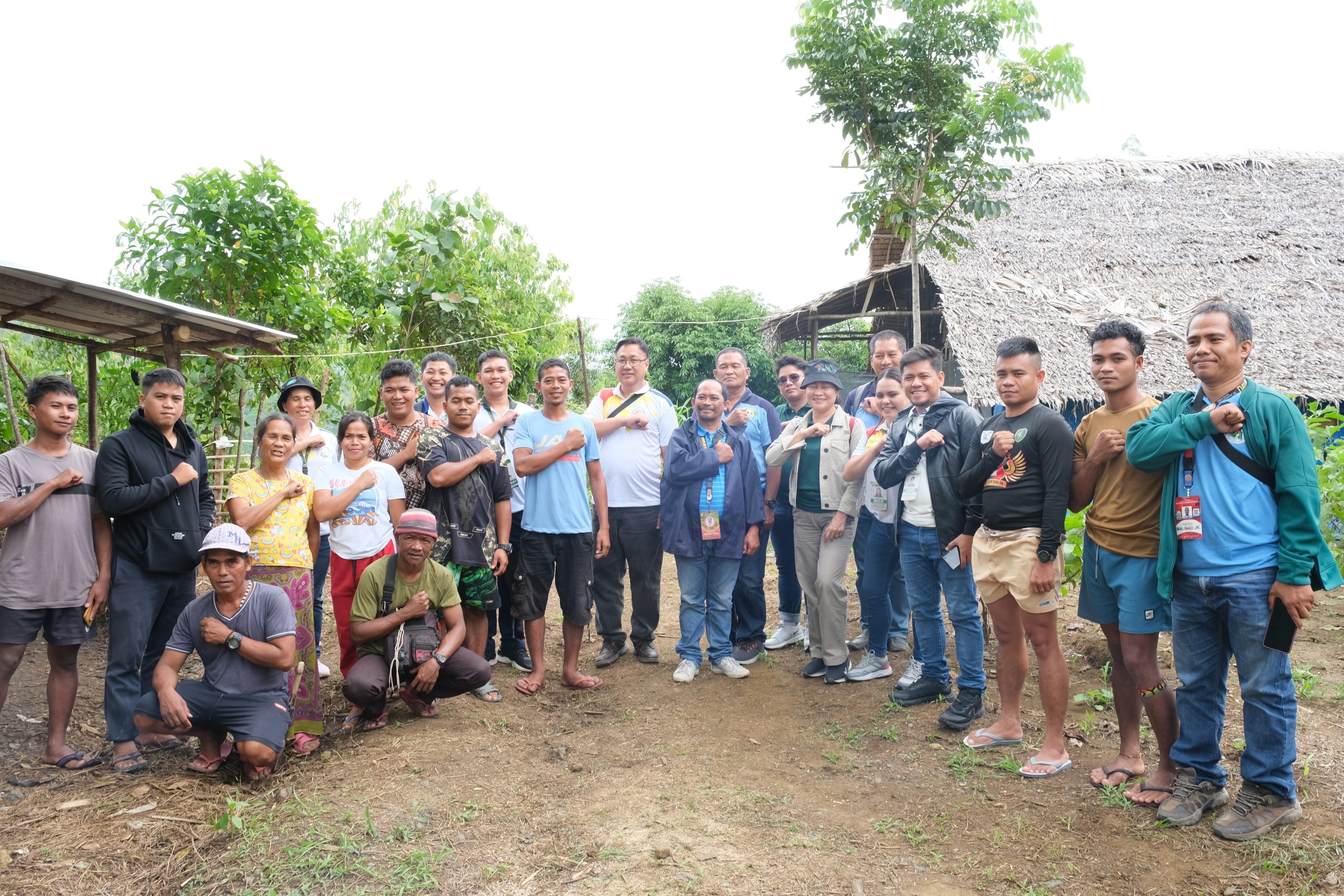
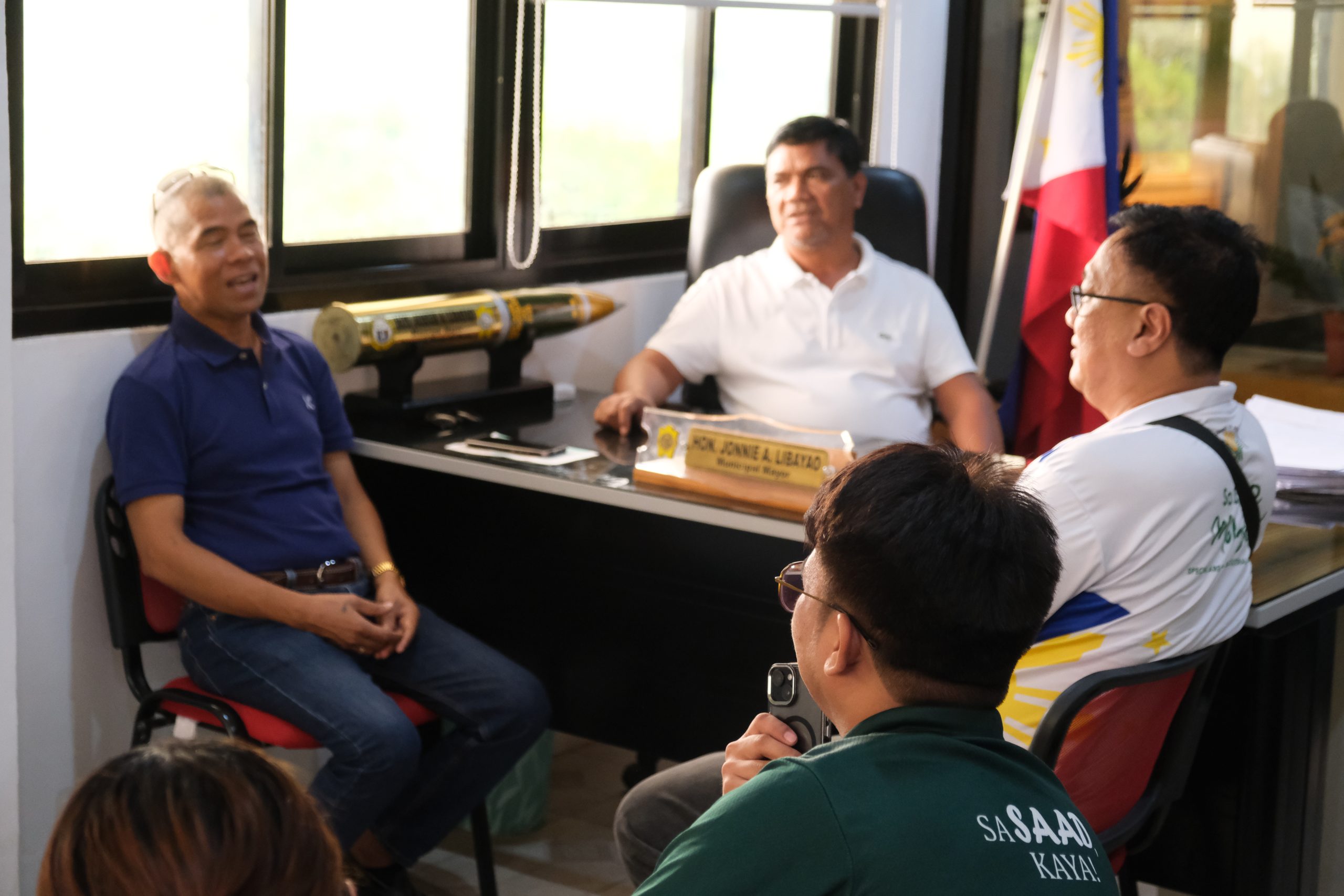
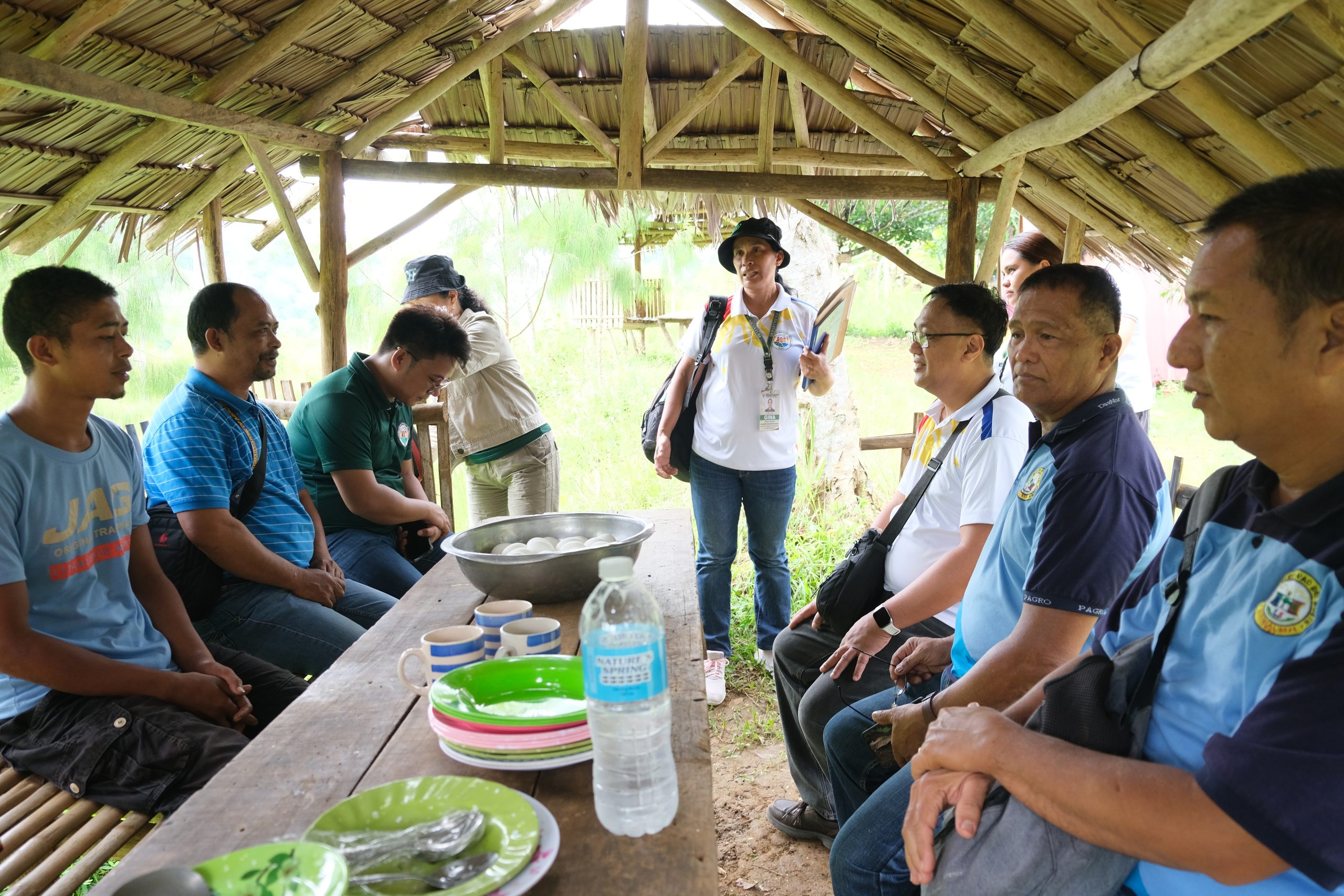
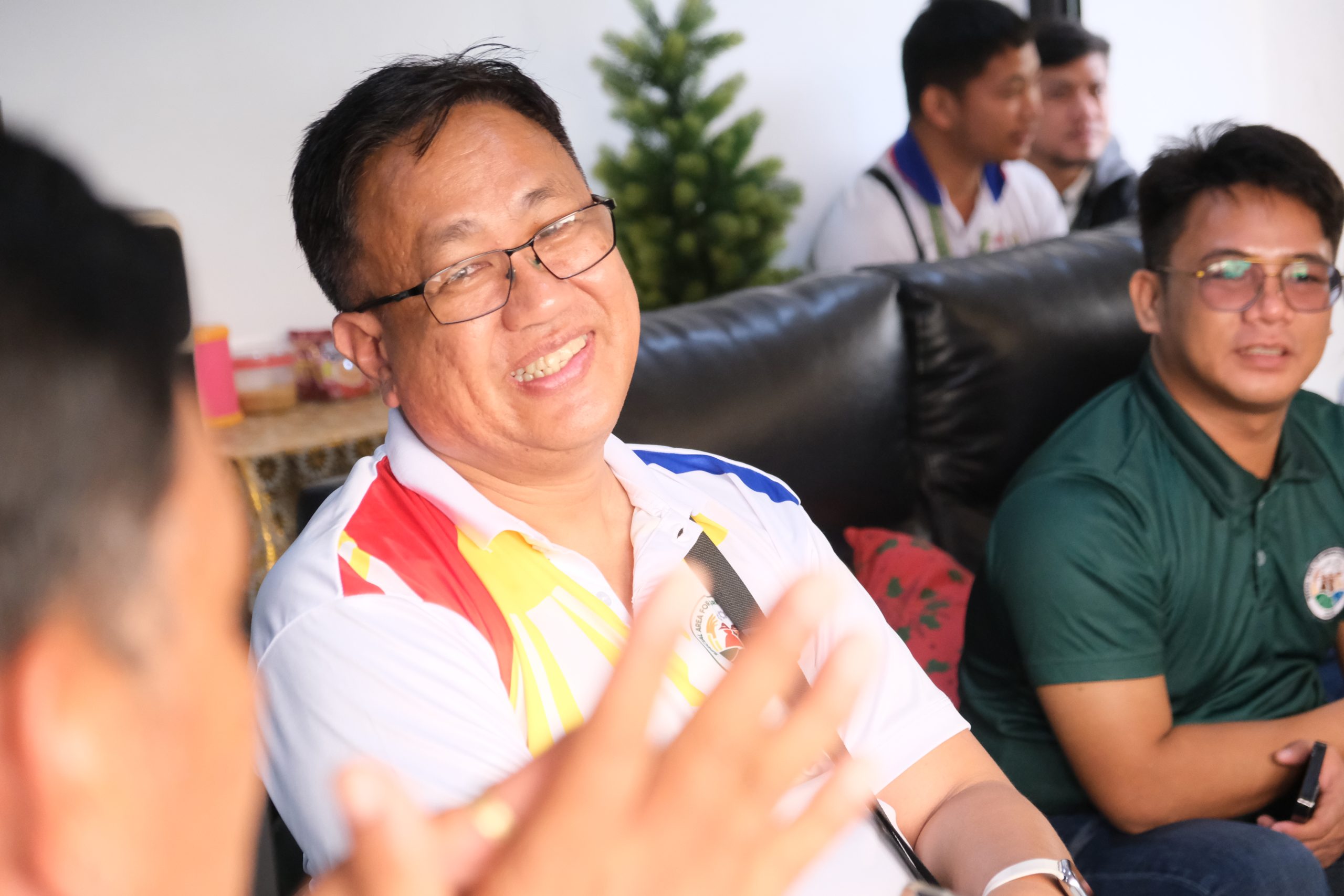
Comments (0)